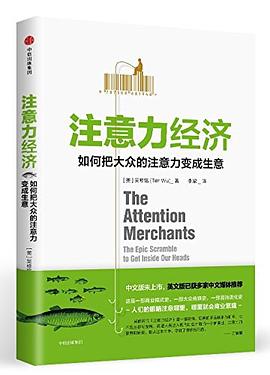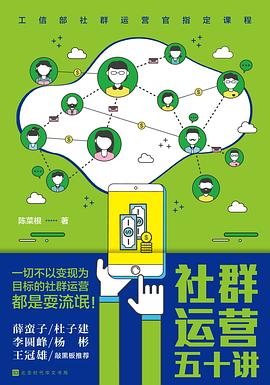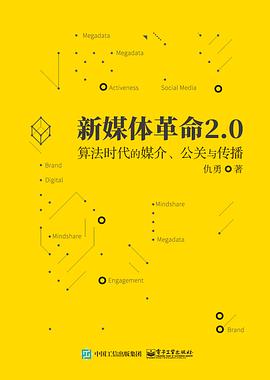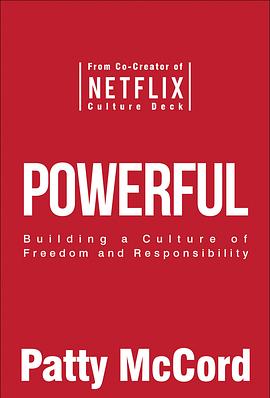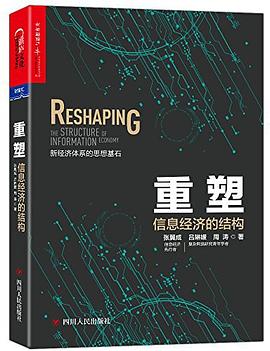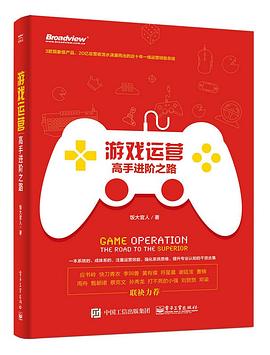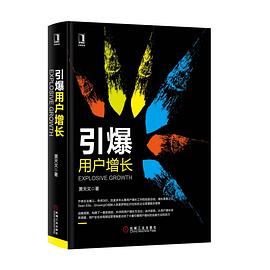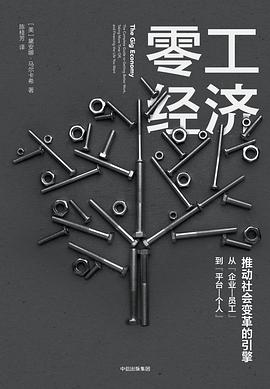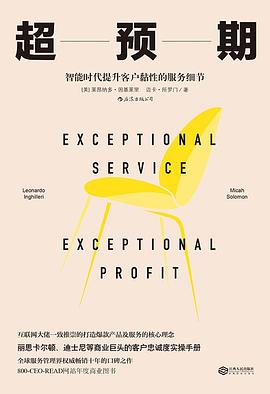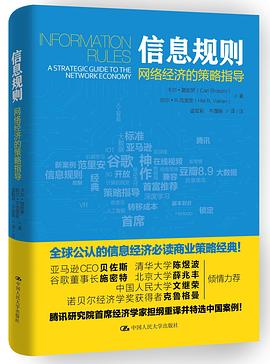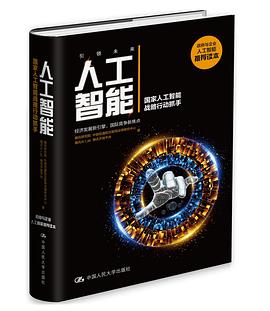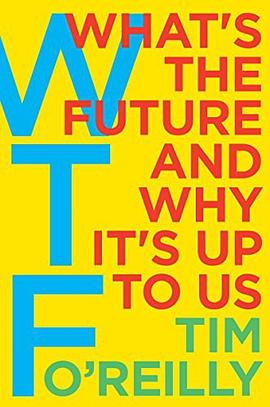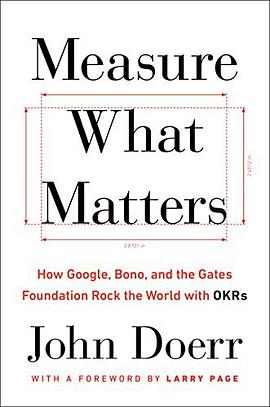

具體描述
John Doerr is the chair of venture capital firm Kleiner Perkins Caufield & Byers, which he joined in 1980. He has invested in some of the world’s most successful entrepreneurs and companies, including Amazon, Google, Intuit, Netscape, and Twitter. Through his investments, he has helped create more than 425,000 jobs.
Kris Duggan is the CEO and cofounder of BetterWorks, which helps progressive companies move toward continuous performance management. A noted thought leader on goal setting and OKRs, he has been featured in the New York Times, the Wall Street Journal, and Fast Company.
In the fall of 1999, John Doerr met with the founders of a start-up he’d just given $11.8 million, the biggest investment of his career. Larry Page and Sergey Brin had amazing technology, entrepreneurial energy, and sky-high ambitions, but no real business plan. For Google to change the world (or even to survive), Page and Brin had to learn how to make tough choices on priorities while keeping their team on track. They’d have to know when to pull the plug on losing propositions, to fail fast. And they needed timely, relevant data to track their progress—to measure what mattered.
Doerr taught them about a proven approach to operating excellence: Objectives and Key Results. He had first discovered OKRs in the 1970s as an engineer at Intel, where Andy Grove (“the greatest manager of his or any era”) drove the best-run company Doerr had ever seen. Later, as a venture capitalist, Doerr shared Grove’s brainchild with more than fifty companies. Wherever the process was faithfully practiced, it worked.
The rest is history. With OKRs as its management foundation, Google has grown from forty employees to more than 70,000—with a market cap exceeding $600 billion.
In the OKR model, objectives define what we seek to achieve; key results are how those top-priority goals will be attained with specific, measurable actions within a set time frame. Everyone’s goals, from entry-level to CEO, are transparent to the entire organization. The benefits are profound. OKRs surface an organization’s most important work. They focus effort and foster coordination. They keep employees on track. They link objectives across silos to unify and strengthen the entire company. Along the way, OKRs enhance workplace satisfaction and boost retention.
In Measure What Matters, Doerr and coauthor Kris Duggan share a broad range of first-person, behind-the-scenes case studies, with narrators including Bono and Bill Gates, to demonstrate the focus, agility, and explosive growth that OKRs have spurred at so many great organizations. This book will help a new generation of leaders capture the same magic.
用戶評價
##給自己定下每天看一章的key result之後終於把這本書看完瞭,離CDO送我這本書已經過去瞭一年多瞭。挺有啓發的,讓我看到瞭自己工作中存在的問題潛在的解決方法,但是由於實行OKR需要整個組織的文化變革,蚍蜉難撼大樹,所以也隻是能默默希望有變革的那一天。這個框架的確是增加組織transparency和consistency的好方法。
評分 評分##OKR這個方法本身沒問題 在用的過程中 對OKR的評估標準不夠全麵 不夠量化 纔是正確應用這個方法最大的問題 = =
評分 評分 評分 評分##從沒有見過灌水這麼多的書,前麵大篇幅贅述OKR多麼多麼好,越看越emo,深感浪費時間……結果翻到結尾resource,哦嚯,原來重點在這,當成工具書看的話,看resource就夠瞭……前麵都是洗腦內容,還不怎麼成功….要是把resource內容放開頭就好瞭(一個程序員的perspective
評分相關圖書
本站所有内容均为互联网搜索引擎提供的公开搜索信息,本站不存储任何数据与内容,任何内容与数据均与本站无关,如有需要请联系相关搜索引擎包括但不限于百度,google,bing,sogou 等
© 2025 book.tinynews.org All Rights Reserved. 静思书屋 版权所有


